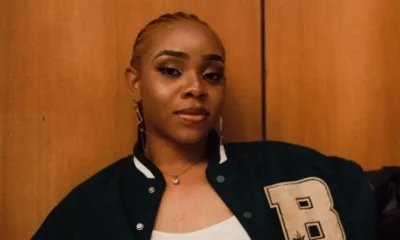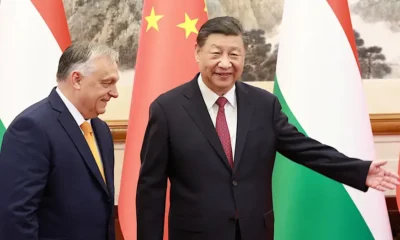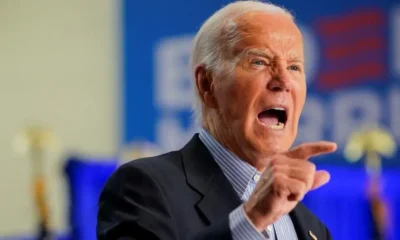When LeMarcus Aldridge and Blake Griffin signed buyout deals, there was an uproar on NBA Twitter about the Nets — who already have Kevin Durant, James Harden, and Kyrie Irving — forming an unfair NBA superteam. The on-court reality is that Aldridge and Griffin are nowhere near their All-NBA peaks and will be role-players — maybe limited ones, at that — when games get serious in the postseason for the Nets. Griffin even joked about everyone saying he was washed until he landed with Brooklyn, then suddenly it was not fair they landed him.
But it wasn’t just NBA fans crying foul — NBA players and small-market executives did as well, reports Adrian Wojnarowski of ESPN.
The NBA is hearing the renewed calls from small-market executives to overhaul the buyout free-agency system, an insistence that the odds are unfairly weighted against them and that the salary-cap system has been contorted to satisfy the glamour markets’ supply of star talent for championship runs.
It’s simplistic to call this a big market vs. small market issue — buyout players go where they can win. Jeff Teague just signed with Milwaukee, and for years San Antonio did very well on buyouts because veteran players knew they could win there. This season, the contenders are in Brooklyn and Los Angeles — the Lakers’ signed Andre Drummond on the buyout market — so the big buyout names flocked there.
You can argue the system worked this time around — if a player wants out of his contract and gives up money to make it happen, the buyout works for both sides. Aldridge reportedly gave up $7 million and Griffin $13 million from their contracts, that’s considerable savings for the Spurs and Cavaliers.
However, the idea of the buyout market needing to be cooled down is a legitimate discussion.
Beyond the destinations that players choose in buyouts and free agency, there comes this too: Is this model equitable to teams unable to trade those players for assets prior to the deadline? What frustrates teams is the power of the agents to depress the marketplace on trades for potential buyout candidates. Essentially, powerful agents can discourage prospective trade partners for the primary purpose of getting a post-deadline buyout and the ability to sign in a preferred destination…
As a way to recapture some control of the process, NBA GMs have discussed pursuit of options including a blind bidding system, similar to how amnesty claims have functioned; a compensatory draft provision that delivers second-round picks from a player’s new team to the old one; even moving the buyout market ahead of the trade deadline to make it harder for agents and players to manipulate the process.
It’s an agent’s job to get his client what he wants, and if that client wants out of his current team to play for a contender, any agent will work to make that happen. But if they depress the trade market for a player, is that fair? J.J. Redick wanted to be traded closer to home in the Northeast, or be bought out so he could sign there, and instead, the Pelicans traded him to Dallas — then Redick ripped the Pelicans front office on his podcast for not living up to their word.
Every potential solution creates other consequences, and all of this would need to be negotiated with the players’ union, which always backs the side of player freedom of movement. There are no easy fixes here.
But if enough GMs and owners want something done, maybe it comes together. The question becomes, is this the battle they want to choose to fight?
Must See
-




Entertainment
/ 3 weeks agoFaveSzn’s Revelation: Dating Choirmaster at 10 and Sexual Curiosity
Nigerian singer, Chidozie Ugochinyere, popularly known as FaveSzn, has revealed that she once dated...
By Flying Eze -






Europe
/ 3 weeks agoWhy Hungarian Prime Minister Orban visited
Two months later, the leaders of China and Hungary met again. Hungarian Prime Minister...
By Flying Eze -






News
/ 3 weeks agoThree dead and millions without power as Tropical Storm Beryl hits Texas
Man, 53, and woman, 74, killed by fallen trees and third person drowns amid...
By Flying Eze



